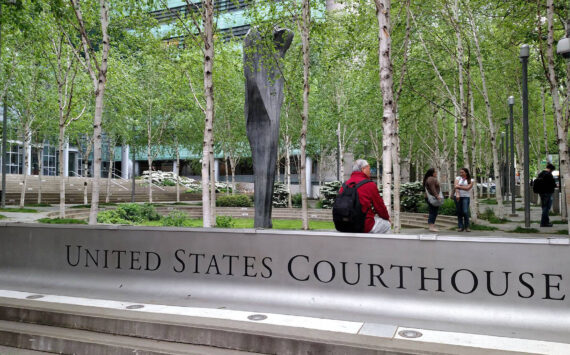Seattle City Council member Judy Nicastro has another reason to hate the housing levy. Last month, her mother—who is two years from retirement—was told by the Seattle Housing Authority that she didn’t qualify for the levy-funded Seattle Senior Housing Program. The reason? Thanks to a recent rent hike, her projected Social Security income won’t be enough to cover the minimum rent in the program, which SHA just increased from $210 to $390 a month. The housing agency also added a stipulation that tenants can’t pay more than 40 percent of their income on rent, shutting out the poorest seniors and pushing many toward cheaper public housing. The program was funded by the original housing levy, passed in 1981, and is up for a third renewal Sept. 17. Breaking ranks with her council colleagues, Nicastro is opposing the levy, because, she says, it puts too much money into home-ownership programs and doesn’t do enough to help the neediest. . . .
It sounded like a good idea at the time: Build a mock-up of the monorail along Second Avenue downtown so people will know if they really want it running through the neighborhood. Last month, City Council President Peter Steinbrueck proposed the city do just that by earmarking the $150,000 returned to the city by the monorail agency, the Elevated Transportation Company, to construct a model of the elevated system. But the council’s good intentions ran headlong into the city’s ethics code, which says the city can’t use public dollars to support or oppose a ballot measure. “Both campaigns could use it to their advantage,” says the ethics commission’s executive director, Steve Gross. Steinbrueck says he’s “very disappointed” by the recommendation, which the council voted to follow on Monday. “It seems like a legitimate use of that money,” Steinbrueck says.
Erica C. Barnett







